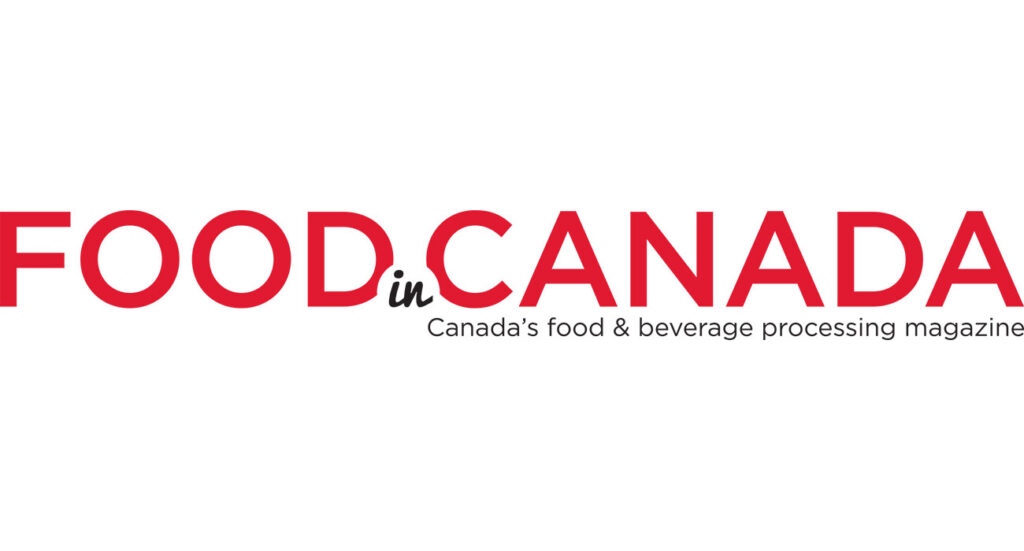Food and Beverage Canada calls on all federal parties to prioritize the F&B manufacturing industry

With the federal election underway, Food and Beverage Canada (FBC-ABC) calls on all political parties to commit to a strong, future-focused plan for Canada’s food and beverage manufacturing industry.
Employing more than 320,000 Canadians across 8,000-plus companies, it is the largest manufacturing sector in the country. It also serves as the single largest purchaser of Canadian agricultural products.
“Our message to all federal parties is simple: you cannot designate food and beverage manufacturing as a part of Canada’s critical infrastructure and then fail to invest in it,” said Kristina Farrell, CEO of FBC-ABC. “The next government must act decisively and quickly to help us enhance our competitiveness, incentivize innovation and build the resilient, secure food system Canadians expect and deserve.”
Despite its foundational role in food security and economic growth, the industry continues to be chronically under-supported, even as global pressures intensify. From inflation and labour shortages to supply chain disruptions and rising input costs, many manufacturers have been forced to pause capital investments and delay expansion, which threatens the future growth of Canada’s food system.
“Food and beverage manufacturing is more than an economic contributor—it is a core strategic asset, essential to our national food security,” said Farrell. “We call on all parties to stand with Canadian food and beverage manufacturers, and to demonstrate that support through real, concrete commitments as we work to feed Canadians every day.”
FBC-ABC urges all parties to commit to six key initiatives, such as:
- launch a food and beverage manufacturing modernization fund;
- introduce competitive tax incentives for investment;
- advance regulatory relief and modernization;
- secure a strong, stable workforce by supporting a sector-specific immigration stream, expand pathways to permanent residency for essential foreign workers already contributing to Canada’s food system and invest in skills training and upskilling;
- strengthen supply chains and infrastructure; and
- promote Canadian-made food and beverage products at home and abroad.
Source: www.foodincanada.com

